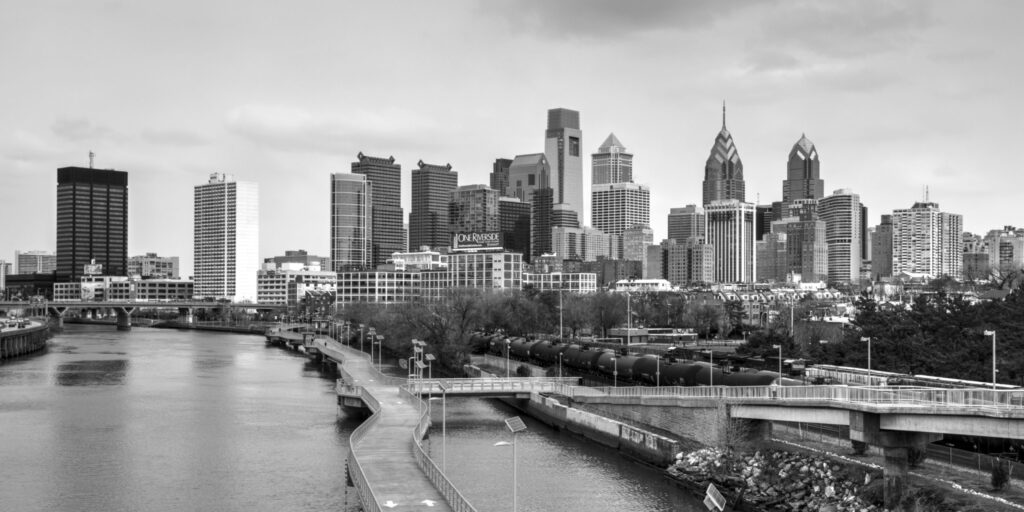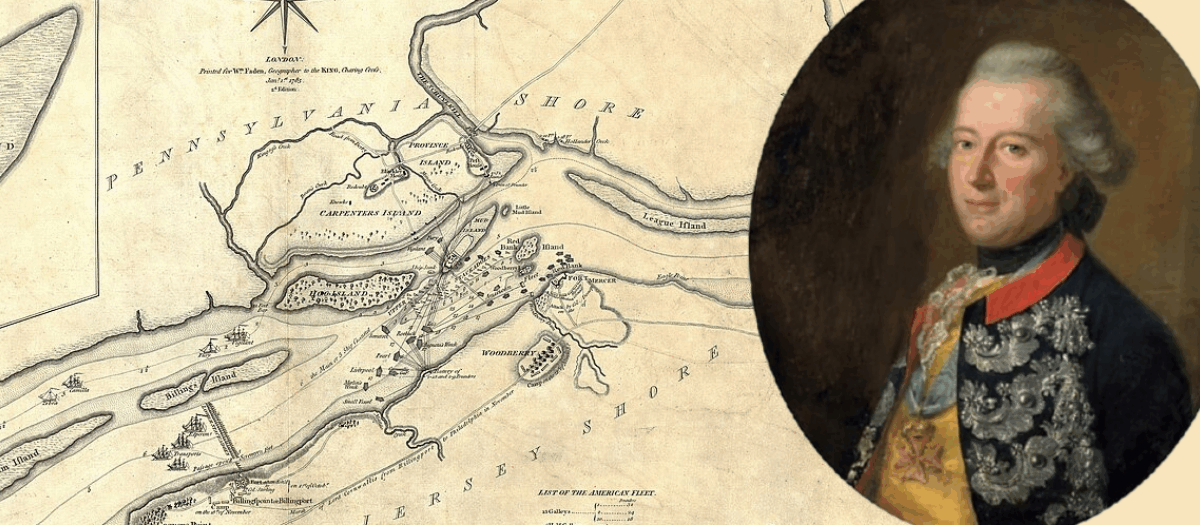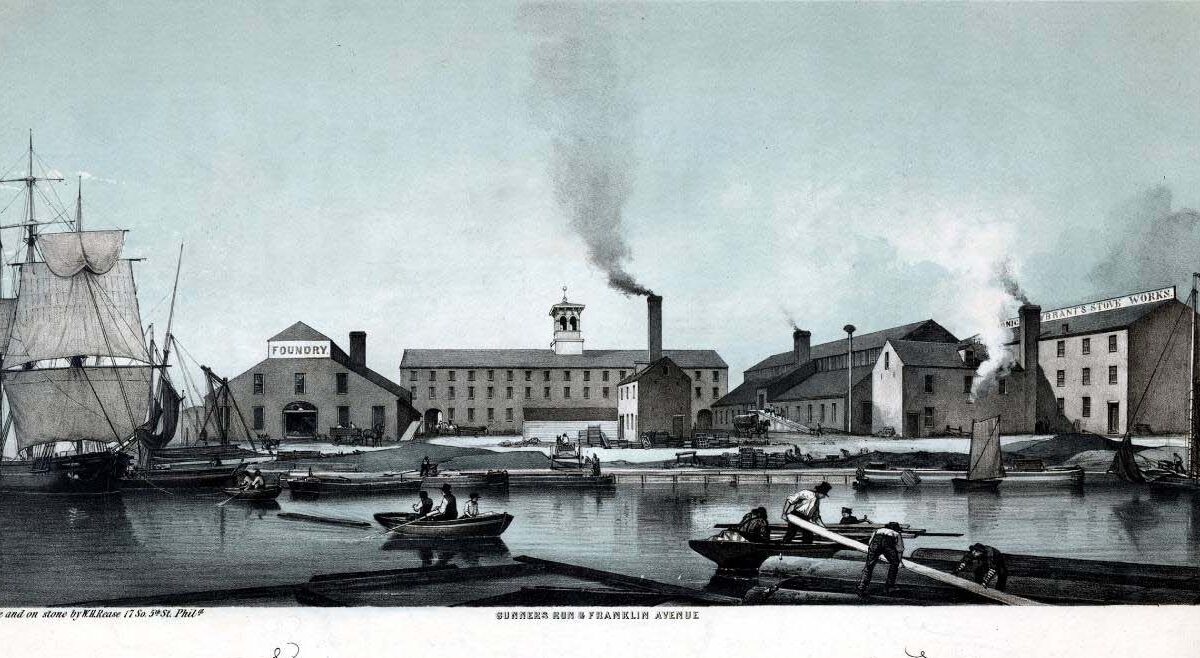Ghost Town — How covid changed Philadelphia forever
Where did Covid come from? A good deal of evidence suggests it came from a biological lab in China, then there’s the theory that it originated from the strange eating practices of people in a remote region of China.
Whatever the origin — scientists and pundits are still playing the blame game — the virus succeeded in transforming the world, and not in a good way.
In Philadelphia, bars and restaurants closed, creating a ghost-town feel to a once-vibrant Center City. The quiet was most noticeable at night, especially when Mayor Kenney issued his stay-at-home order.
I recall a manager at a Rite-Aid in my Fishtown neighborhood overhearing someone in the check-out line mention that the store sold a bug spray that was used as a prophylactic when the West Nile virus first appeared in the United States in 1999. At these words half the line made a bee line to purchase the spray, “a spray,” as the clerk told me, “That has absolutely nothing to do with Covid.”
It was reported then that fear of Covid-19 was highest on the east and west coasts but in America’s midland and in the South, people were behaving in a much less fearful fashion. This was certainly true when spring break millennials crowded Florida beaches in orgies of drink and revelry.
When a local Florida reporter asked one party girl why she had little regard for Covid restrictions, she replied, “This is my time,” meaning of course that her youth trumped all social and medical concerns.
That changed when Orange County Mayor Jerry Demings announced a curfew from 11 p.m. to 5 a.m., proving that the tables were turning in the once “less fearful” south.
Who can forget the sensational overreactions in the city like the stocking up on toilet paper, a pandemic within a pandemic that led to empty store shelves?
As the “plague” continued to peak, the fear mongers suggested we needed to stock up on other necessities, like toothpaste and shaving cream.
Covid became serious business for Philadelphians when the City announced that all non-essential businesses would be closed. The closure of restaurants and bars put scores of food service industry workers, most of them millennials, in the unemployment line, essentially killing the city’s reputation as a great restaurant town.
In mid-March 2020 it was announced that Pennsylvania Wine and Spirit stores would close. Wine and Spirits stores were declared “nonessential businesses” in Pennsylvania but in New York they were classified as “essential businesses.” Why the difference?
At the time I attributed this to the legacy of Pennsylvania’s old Blue Laws. Perhaps the old Quaker prohibitions against alcohol helped to formulate this policy. The decision to close the Philadelphia state stores came a day or two after the decision to close state stores in five surrounding Pennsylvania counties. City consumers had little time to make a bee line to their local state store to stock up before the closure.
The city’s arts and culture scene was decimated like those toilet paper store shelves. The trickle started when small theater companies began announcing they were closing (because of Covid) for the season. Larger companies followed. The Walnut Street Theater, which had been planning to revive Gore Vidal’s classic, The Best Man, canceled the play two days before the official press opening. When the lockdown and the scare was over, the Walnut made no attempt to re-stage Vidal’s play.
The Ardan Theater and the Wilma also canceled live productions although many other theater companies tried to reinvent themselves with the formation of virtual online events and workshops.
The Museum of the American Revolution announced its “Explore the Museum from Anywhere” virtual campaign where viewers were offered the chance to view the museum’s free digital resources without leaving home.
The Philadelphia Museum of Art announced that it would close until March 30, 2020. The Sean Scully exhibition, The Shape of Ideas, scheduled to run from May to August 2020 following its debut at the Museum of Modern Art of Fort Worth, Texas, had to be postponed until 2022 but at least it wasn’t canceled forever — like Gore Vidal’s The Best Man — thanks to the efforts of PMA’s Timothy Rub.
Likewise, the much-anticipated October 2020 PMA Jasper Johns exhibition, Mind/Mirror, was postponed to September 2021.
The Barnes Foundation, however, bucked the trend and did not shut its doors in March 2020 but followed through with its Marie Cuttoli: The Modern Thread exhibition which had been scheduled to run until May 2020. That date was later extended after city and state officials ordered a temporary closure of arts and cultural institutions in November 2020 with a reopening scheduled for January 2021.
The Philadelphia Travel and Adventure Show held annually at the Philadelphia Convention Center was also canned.
The Philadelphia Flower Show’s 2020 presentation, Escape to the Riviera, managed to open and close before the COVID guillotine had a chance to gut it. The show barely escaped decapitation as its run was from February 29 to March 8, 2020.
Churches throughout Center City, seemingly admitting that a virus has more power than God, shut their doors. Many parishioners however attended virtual worship services via live streams on Facebook or YouTube. A friend of mine who was a member of Saint Mark’s Episcopal Church in Center City had to quit going to daily Mass but he learned to take comfort in being able to tap into the virtual rite.
My own parish, Saint Michael the Archangel Russian Orthodox Church in Northern Liberties, continued to hold private Great Lent services but only for clergy and designated assistants. Regular services for the entire parish resumed in April 2020.
Mayor Kenney, to his credit, was initially reluctant to shut down all non-essential businesses in the city.
On March 16, The Philadelphia Inquirer reported that “Mayor Kenney is concerned that more stringent containment measures will disproportionately harm poor residents in Philadelphia.”
In early February 2020, the mayor traveled to a Chinatown restaurant to demonstrate that eating in a Chinese restaurant was safe. “Come back to Chinatown and eat — it’s great. Chinatown is safe. The city is safe. America is safe. Everybody should relax,” he said.
I wish the mayor had kept that attitude after the crisis imploded in mid-March.
SEPTA ridership dropped significantly during the Covid scare. Regional rail saw a 60 to 80 percent drop, the Broad Street subway and the Market-Frankford line suffered a 65 percent drop while many buses remained empty of passengers. All trains and buses were put on weekend schedules.
While riding the Route 43 bus route at this time I witnessed an old woman board the bus in Port Richmond. She was overweight, wearing a surgical mask and breathing with great difficulty. A fellow rider asked if she was okay. “Do you have asthma?” the man asked, at which point the woman produced an asthmatic pump spray which she had inserted under her face mask. Despite the fact that she clearly had asthma, I witnessed three passengers in panic mode move as far away from her as possible.
When the pandemic was over, or at least had filtered down to a slow drip, and theaters and art galleries opened en masse to resume where they had left off, things were not the same.
The Walnut Street Theater found it was cheaper and more effective to do away with its opening night free receptions where there had always been free hot food offerings spread out in lavish displays throughout the lobby. The Wilma Theater, which was noted for its memorable opening night receptions, found that after Covid they could get away with soft pretzels, cookies, and thimblefuls of vodka and orange juice rather than wine or beer. Other theater companies nixed opening receptions altogether, or at best offered food-for-pay or free minimalist crackers topped with cheese whiz.
Nothing was the same. Covid and the lockdown mentality that had crippled the city in so many ways, was now obviously having a permanent effect.
Thom Nickels is a Philadelphia-based journalist/columnist and the 2005 recipient of the AIA Lewis Mumford Award for Architectural Journalism. He writes for City Journal, New York, and Frontpage Magazine. Thom Nickels is the author of fifteen books, including “Literary Philadelphia” and ”From Mother Divine to the Corner Swami: Religious Cults in Philadelphia.” His latest is “Death in Philadelphia: The Murder of Kimberly Ernest.” He is currently at work on “The Last Romanian Princess and Her World Legacy,” about the life of Princess Ileana of Romania.





Well, sure, Covid hurt the city.
The more important question is why the city hasn’t recovered.
Covid didn’t kill Philadelphia. The George Floyd riots and a decade of lawlessness killed Philadelphia.